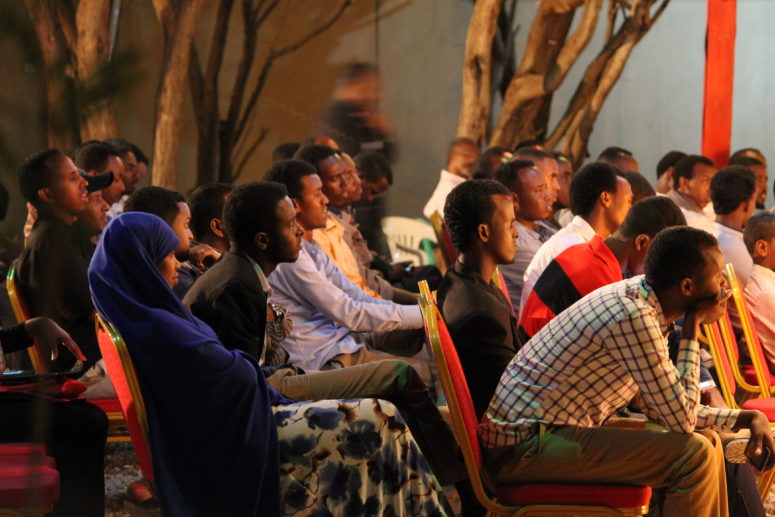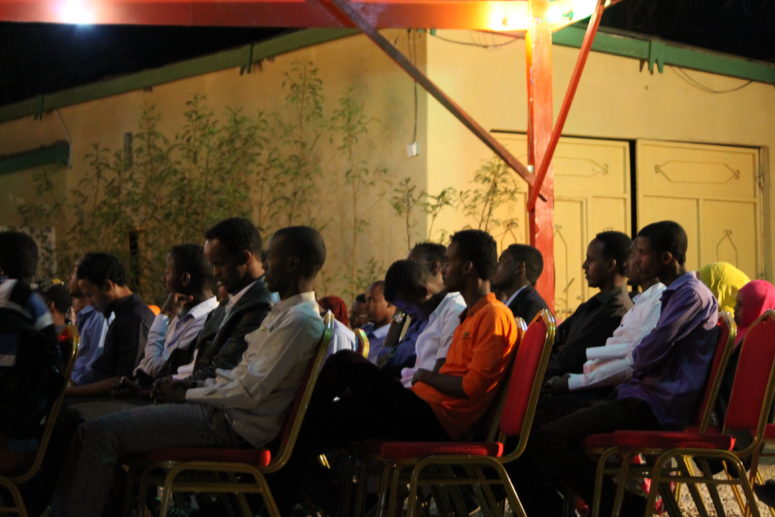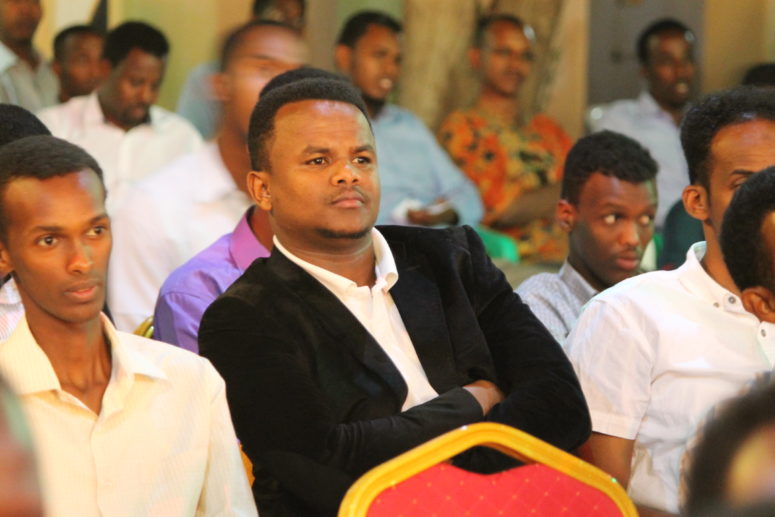Hybrid Systems of Governance as a Strategy for Conflict Resolution in Somaliland: Challenges and Prospects.
(The is presentation was not a PhD proposal but it is a published article by the researcher who is hopeful to make it his PhD project working area.)
Abdullahi Odowa is a General Director for the Observatory of Conflict and Violence Prevention, responsible for overseeing its strategic and organizational direction as well as organizational overall management and daily operations. He holds a B.Sc from the University of Maiduguri in Nigeria, MA in Natural Resources and Peace from the United Nations Mandated University for Peace in Costa Rica and MA in Peacebuilding from Centre of Trust, Peace and Social Relations at Coventry University in the UK. He is currently persuading his PhD in Peace Governance and Development from United Nations Mandated University for Peace in Costa Rica.
Summery
The collapse of the central government of Somalia and the creation of the Republic of Somaliland has led to a new power struggle between political elders and political elites, with each party striving to get access to state resources and power. Whilst political elders enjoy the respect of different clans, they lack the formal education and experience needed to establish and run modern state institutions, while the political elites were weakened by internal division and lacked legitimacy, but acquired some formal education and experience that they can use to run a modern state. Hence, the two parties have quickly realized their dependence on each other for political survival, and have finally decided to resolve their differences through a constructive way of sharing state power through the formation of a hybrid system of governance that allows the traditional authority to be incorporated into state institutions. Whereas the hybrid political order seemed to have worked well for protecting the interests of the two parties, it has arguably failed to address the contemporary political, social and economic challenges facing the people of Somaliland. Failure to modify the hybrid system of governance after more than two decade of its formation has produced several shortcomings that, if not address properly through political and institutional reforms, could undermine the hard gained peace and stability in Somaliland. The article argues that the hybrid political order in Somaliland was a conflict resolution strategy used to resolve power related conflict between political elders and political elites, and not necessarily a long-term vision of establishing viable state institutions.



